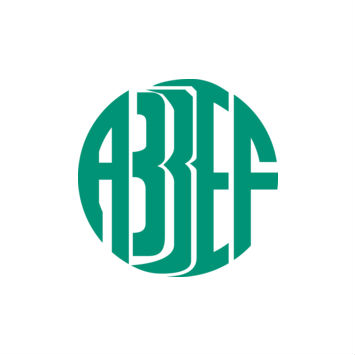

| 31 March 2016
SECS – Contraception and Sexual Education Society, Romania
SECS was founded in 1990 with the help of the IPPF (International Planned Parenthood Federation) to meet the needs of information, education and service provision in the fields of sexuality and family planning. Since then, the SECS has continued to militate for reproductive rights and reproductive health in Romania. Over the years, SECS has been an educator, opinion leader and pioneer in providing family planning services. Through its mobilization programmes, the organization has succeded in catalisying governamental organisations and non-governamental organisations from 11 urban communities to create sustainable partnerships (Local Coordination Groups) who have developed and implemented their own local plans for educating disadvantaged population through the local community resources. SECS promotes through its programmes the importance of local partnerships to being the key to identify the existing needs and the sustainable solutions for implementing them. SECS played a major role in the National Family Planning Program and supported the creation of a coherent network of supporters of reproductive health in Romania. Our organization holds the position of national leader in family planning programs, and for seven years has been a partner for Head of the Ministry of Health in initiation, implementation and monitoring of The National Family Planning Program in the health reform process. Through this program SECS has provided technical assistance for the Public Health Authorities of all the counties of the country and in collaboration with them has contributed to the medical continuum education process of 5,300 family doctors and 4,000 medical schools nurses in rural areas. Believing that that the population's access to information and education must be one continuous process, the SECS initiated Community mobilization and training programmes both in rural and urban areas, strategic and sustainable programmes. Key areas of expertise: Providing technical assistance in initiation, implementation, monitoring and program evaluation, both at the national and international level, training of medical staff in family planning, financial management of medical offices. Adult education (communication,fundraising, growing the level of awareness on some community issues, volunteering, advocacy, respect for sexual and reproductive rights for humans with special needs). Training peer educators both for young people and for adults, community mobilization programs through developing multi-sectoral groups and optimal use of local resources. Logistic system development and implementation for monitoring the distribution of some products within public health programs, communication campaigns who are targeting behaviour change. Advocacy programs. Understanding the reproductive health needs of people living with learning disabilities.

| 31 March 2016
Association Burkinabé pour le Bien-Etre Familial
Association Burkinabé pour le Bien-Etre Familial (FPABF) was set up in 1985. Staff and over 1,000 volunteers work to provide sexual and reproductive health (SRH) services to poor and marginalized people. Services include antenatal and post-natal care, prevention and treatment of sexually transmitted infections (STIs) including HIV and AIDS, provision of antiretroviral drugs, voluntary counselling and testing (VCT), screening for cancers of the reproductive system, post-abortion care, prevention of mother to child transmission (PMTCT) of HIV and AIDS, and home-based care for people living with HIV and AIDS. FPABF’s work reaches out to the poor and marginalized, and the organization runs special initiatives focused on reaching young people on the streets, people living with HIV and AIDS, and students. Professional training is provided to young people, including members of FPABF’s Youth Action Movement, which enables them to participate in small-scale profitable ventures and escape poverty. The nation has severe SRH challenges in terms of lifetime risk of maternal death and unmet need for contraception. One of the most serious issues in Burkina Faso is the 66% prevalence of female genital mutilation: a psychologically traumatic experience, an infringement of human rights and a source of substantial physical damage requiring major medical intervention. FPABP works in partnership with the Ministry of Health, the Secretariat Permanent des Organisations Non Gouvernementales (SPONG), Réseau des ONG en population et développement (REOPOD) and a range of funders including UNFPA, the EU, UNICEF and DANIDA.







